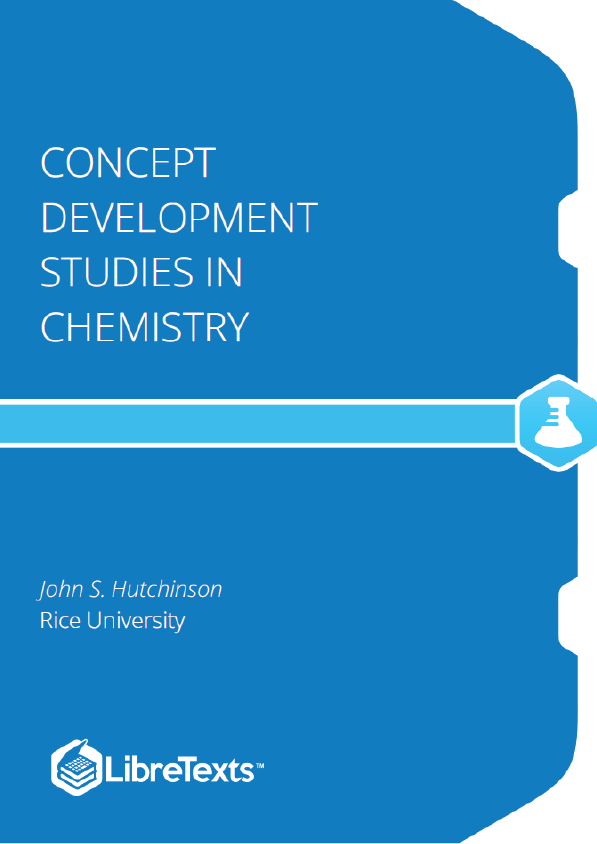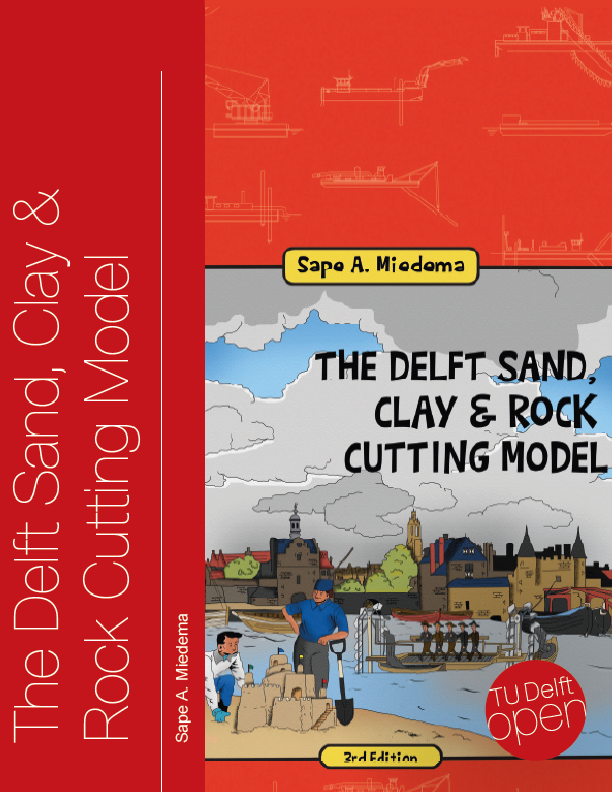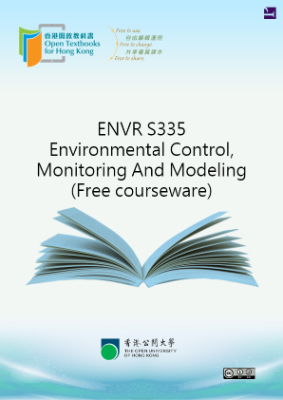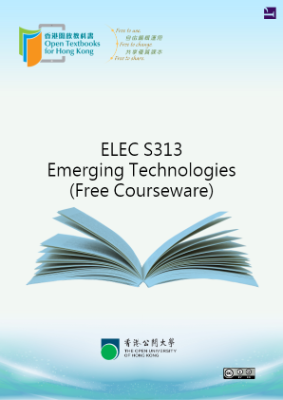Why Concept Development Studies?
Unfortunately, textbooks in Chemistry traditionally present these models and concepts essentially as established facts, stripped of the clever experiments and logical analyses which gives them their human essence. As a consequence, students are typically trained to memorize and apply these models, rather than to analyze and understand them. As a result, creative, analytical students are inclined to feel that they cannot “do” Chemistry, that they cannot understand the concepts, or that Chemistry is dull and uninteresting.
This collection of Concept Development Studies in Chemistry is presented to redirect the focus of learning. In each concept development study, a major chemical concept is developed and refined by analysis of experimental observations and careful reasoning. Each study begins with the definition of an initial Foundation of assumed knowledge, followed by a statement of questions which arise from the Foundation. Analysis of these questions is presented as a series of observations and logical deductions, followed by further questions. This detailed process is followed until the conceptual development of a model provides a reasonable answer to the stated questions.
Concept Development Studies in Chemistry is written with two benefits to the reader in mind. First, by constructing each significant concept through observation and critical reasoning, you will gain a much deeper understanding of that concept. In addition to knowing how to work with a model, you will have both an understanding of why the model is believable and an appreciation of the essential beauty of the model. It will make sense to you in your own terms. Second, the reasoning required to understand these concept development studies will enhance your development of critical, analytical thinking, a skill which is most important to success in Science. As a note, these studies are not intended to be historical developments, although the experiments presented are the ones which led to the concepts discussed. Only a small amount of historical information has been included for perspective.











